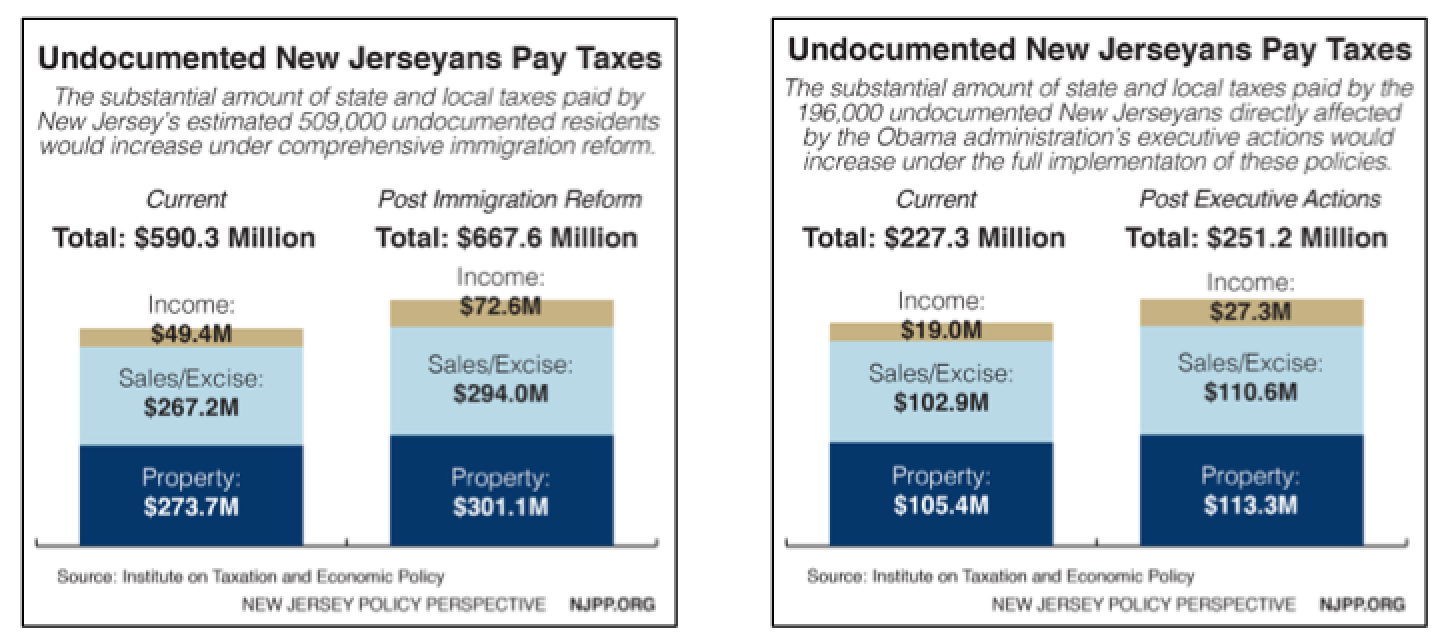FOR IMMEDIATE RELEASE: September 14, 2016
Contact: Jon Whiten, NJPP: 609-393-1145 ext. 15 | whiten@njpp.org
From betting big on the false economic promise of drastic tax cuts to plugging budget gaps with gimmicky short-term fixes to raiding public employee pensions and health benefits, New Jersey’s finances have taken a beating from bad decision after bad decision over the past two decades. These decisions – in particular the nine highlighted in a new report by New Jersey Policy Perspective (NJPP) – help explain why the state has gone from an economic powerhouse with a coveted AAA bond rating to a state struggling to grow its economy or even make basic ends meet, with a bottom-basement credit rating.
Behind each of the decisions – which were made by all branches of government and both parties – examined in the report were two unstated assumptions:
- That policymakers happily promised essential services without bothering to pay for them
- That future taxpayers should bear the burden for today’s spending without the luxury of benefiting from it
“Time and again, New Jersey policymakers revert to their bad old ways and trying to govern by avoiding necessary but hard choices,” said Gordon MacInnes, NJPP President and lead author of the report. “As a legislator or governor, it’s easiest to take the path of least political resistance – but it’s damaging and short-sighted in the long run. And now the “long run” has arrived. We’re here today to highlight these cautionary tales to help our political leaders stop repeating the sins of the past and start putting New Jersey on a path to a better future.”
NJPP was joined in a noon press conference releasing the report by former Governor Jim Florio and former State Treasurer Clifford Goldman, who both noted the importance of understanding past mistakes in order to avoid making similar ones in the future.
“You can’t fix the problem if you don’t understand the problem,” said Gov. Florio. “To fix the dire fiscal situation New Jersey now finds itself in, we must find out how we got here. This thorough and understandable report of the details of that history should be distributed as widely as possible, not only for an accurate historical record, but as future guidance for policymakers as to what not to do.”
“As NJPP documents in this important study, today’s problems were predictable two decades ago, just as tomorrow’s problems are predictable today,” added Goldman, who served as Treasurer under Governor Brendan Byrne. “The crush of daily news events usually swamps the insights that only a longer view can give us and the understanding that NJPP’s report provides.”
While the report focuses mostly on relatively wonky financial policy decisions, there is no doubt that those choices have contributed to the hollowing out of New Jersey’s middle- and working-class families. Property tax relief has declined significantly, while property taxes continued their rise. The cost of a public college education has risen dramatically as state operating support tumbled, leading to higher tuitions and higher student debt. And the list could go on.
“It’s tempting to dismiss the story of this path to financial distress as a narrow one of state budgets, finance, actuaries and complex transactions on arcane debt markets,” said Sheila Reynertson, NJPP Senior Policy Analyst and co-author of the report. “But to do so is to miss the very real and extremely negative effect that New Jersey’s slide downward has had on working-class, middle-class and low-income families across the state.”




